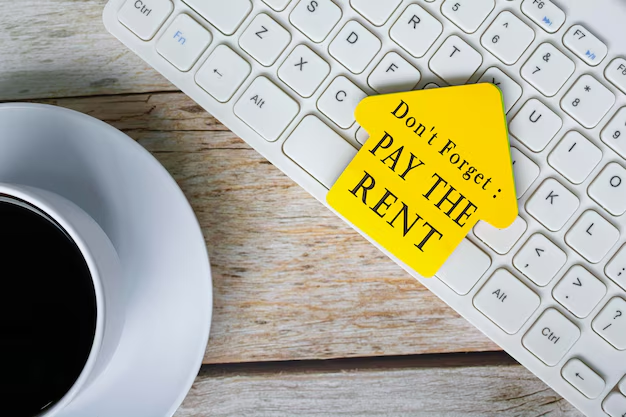What Will You Pay for a 1-Bedroom Apartment in Today's Market?
The quest for an affordable 1-bedroom apartment is a common journey for urban dwellers and those looking to downsize without sacrificing too much space. The rent for these popular units can vary widely depending on the location, amenities, and market conditions. Whether you're relocating for work, school, or just a change of scenery, it’s essential to understand the current rental landscape to make an informed decision.
Key Factors Influencing 1-Bedroom Apartment Rent
When it comes to rent prices for a 1-bedroom apartment, several factors come into play:
- Location: Urban centers like New York City, San Francisco, and Los Angeles tend to command higher prices due to demand and limited space. In contrast, smaller cities or suburban areas might offer more affordable options.
- Amenities: Apartment complexes with amenities like gyms, pools, and concierge services often charge more.
- Market Trends: Fluctuations in the housing market can affect rental prices. For instance, a housing shortage can drive prices up, while an economic downturn might see a dip.
National and Regional Averages
On average, the rent for a 1-bedroom apartment nationwide often falls between $1,500 and $2,500 per month. However, this average shifts significantly when traveling across different states:
- San Francisco, CA: Often surpasses the $3,000 mark.
- New York, NY: Commonly ranges from $2,500 to $3,500.
- Austin, TX: Averages around $1,600 but can exceed $2,000 with luxury amenities.
- Columbus, OH: Generally more affordable, with averages hovering around $1,200.
Affording Your Apartment: Financial Assistance and Resources
Not everyone can easily cover hefty rent prices, but there are financial aid programs and resources available to ease the burden:
Government Aid Programs
- Section 8 Housing Vouchers: Offers subsidies to low-income tenants, allowing them to pay a portion of the rent directly to landlords.
- Public Housing: Managed by local housing authorities to provide affordable apartments.
Financial Assistance Options
- Emergency Rental Assistance: Local and federal programs can offer temporary help to those struggling to make rent due to unforeseen circumstances.
- Non-Profit Organizations: Many charities and non-profits provide support to those at risk of eviction.
Debt Relief and Credit Solutions
- Credit Counseling Services: These can help manage debt, improve credit scores, and provide budgeting advice.
- Debt Consolidation: Merging multiple debts into one loan with a lower interest rate can free up funds for rent.
Exploring Educational Grants
- Student Housing: College students may qualify for reduced rates or grants if living in university-managed accommodations.
- Education Grants: Some grants may offer living stipends, making off-campus housing more affordable.
The journey to finding a comfortable and affordable one-bedroom apartment can be complex, but with the right knowledge and resources, it's certainly manageable. By researching market trends and leveraging available financial aid programs, you can make smart choices that fit your budget.
📋 Quick Resource Guide
- 🏕️ Section 8 Housing Vouchers
- 🏠 Public Housing Assistance
- 🤝 National Non-Profit Rental Aid
- 📈 Credit Counseling & Debt Relief
- 🎓 Student Housing Discounts
- 🎓 Education Grants with Living Stipends
Exploring these options could make a significant difference in managing your rent expenses effectively.

